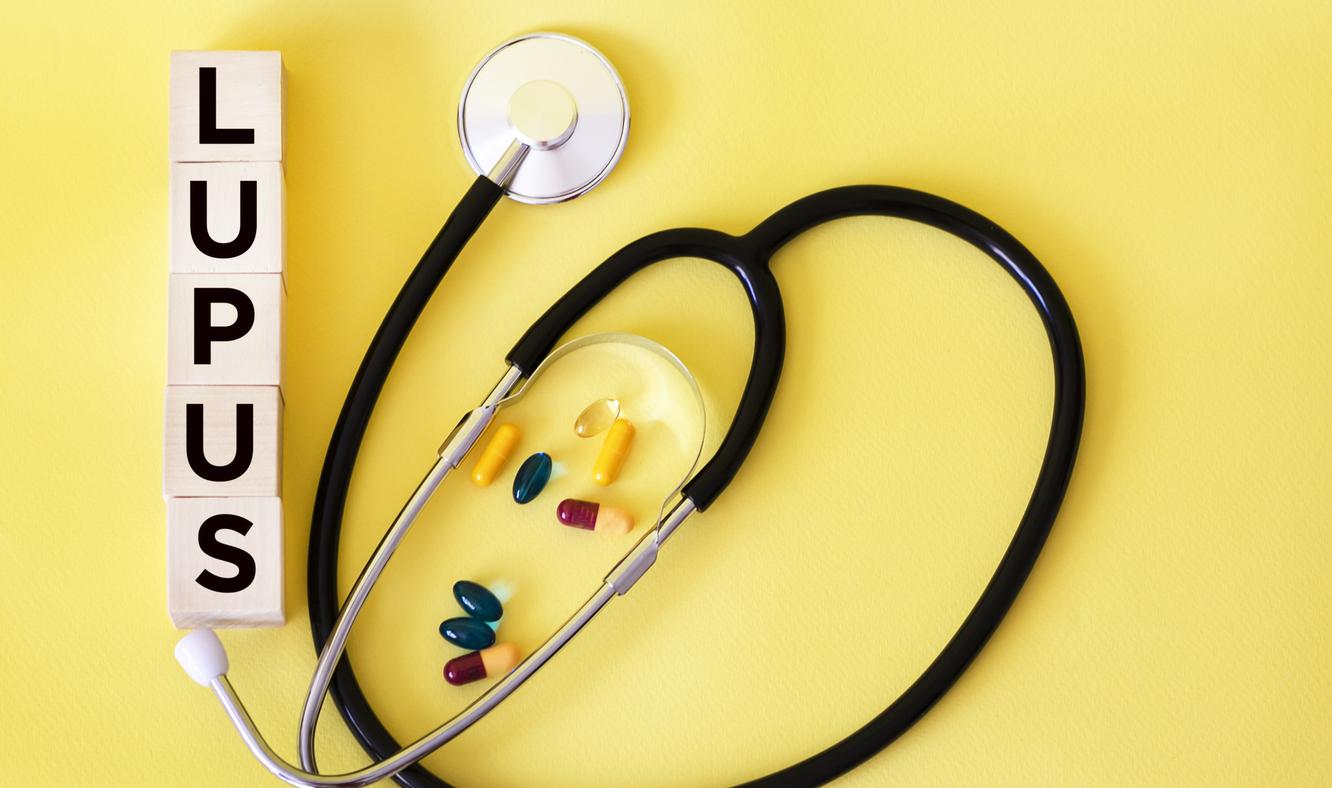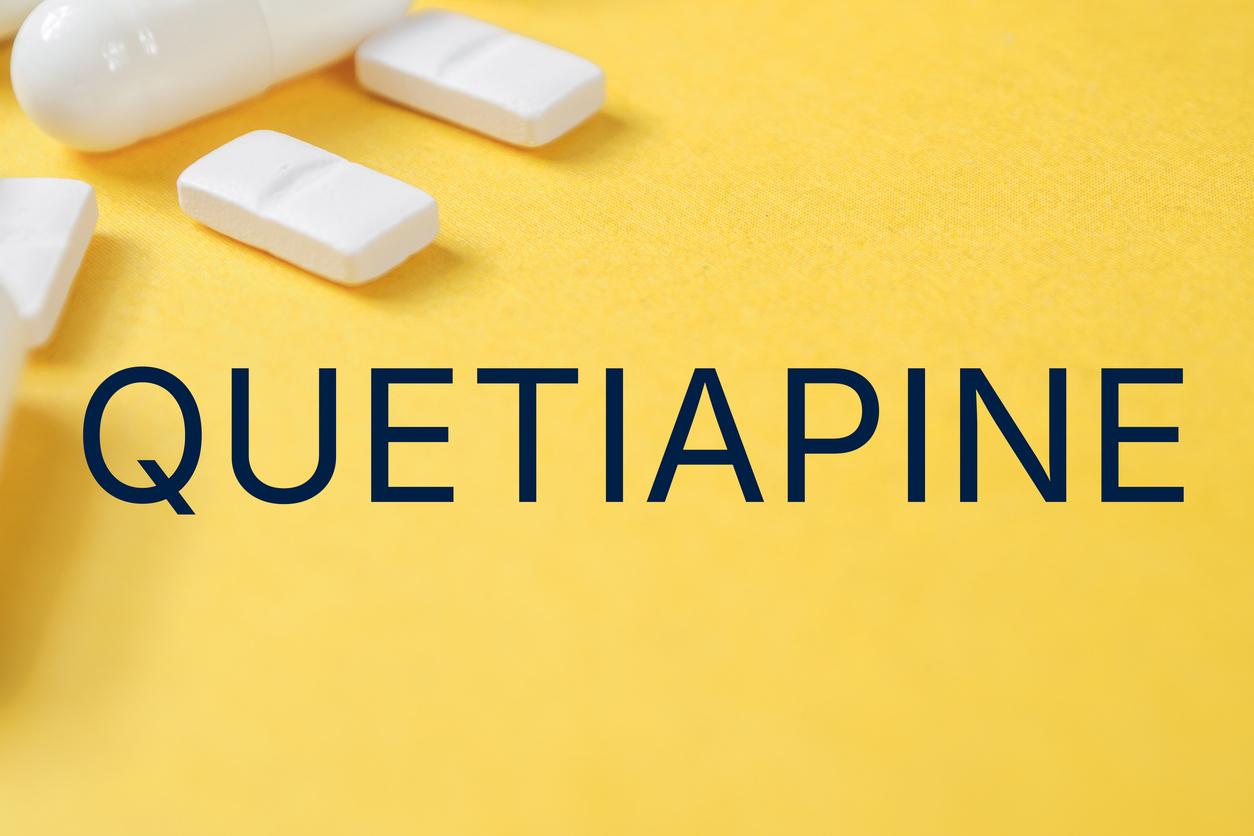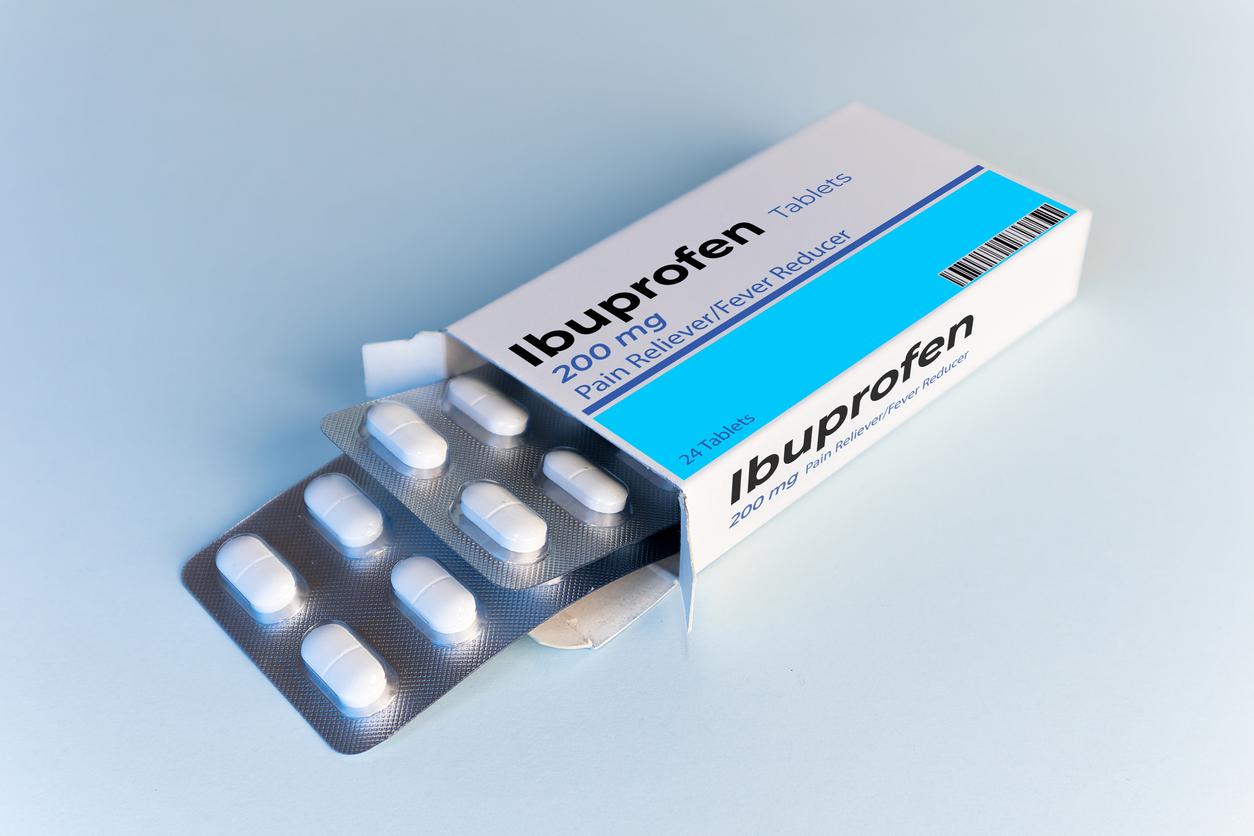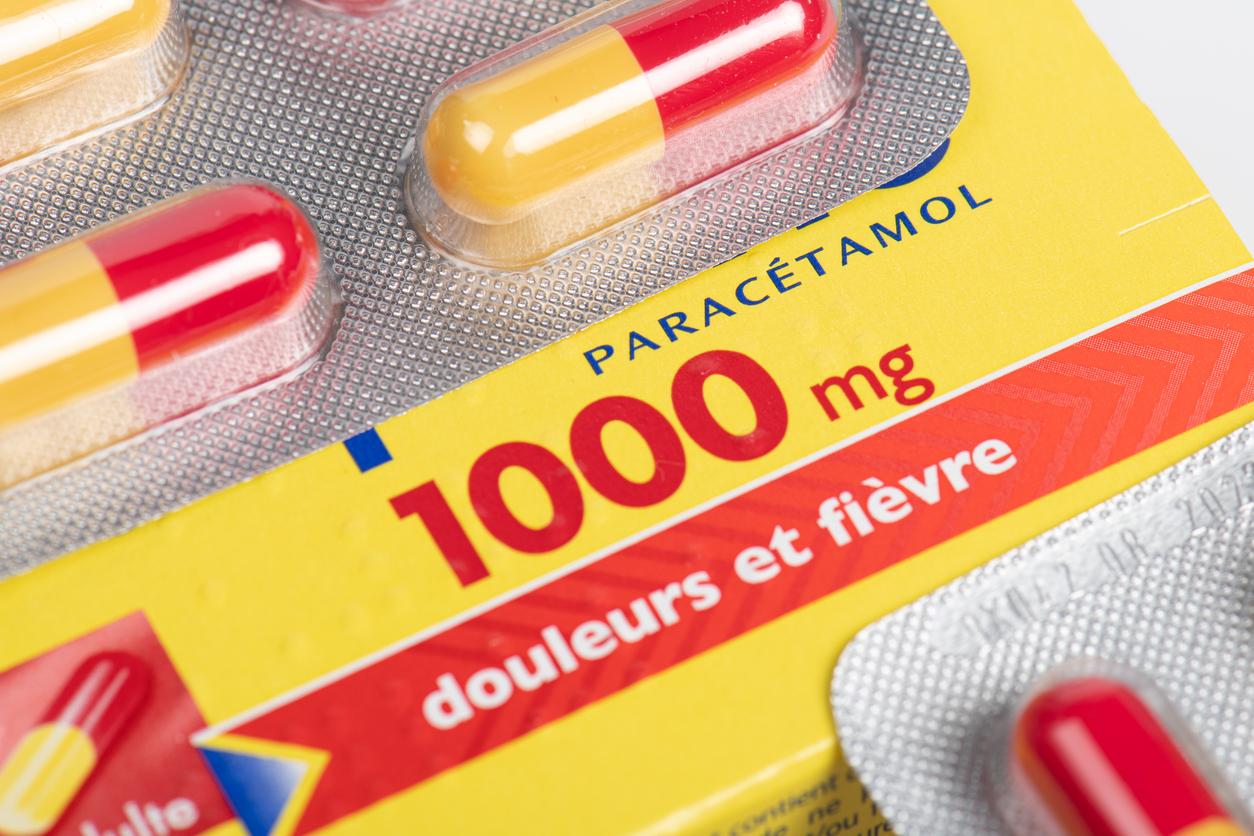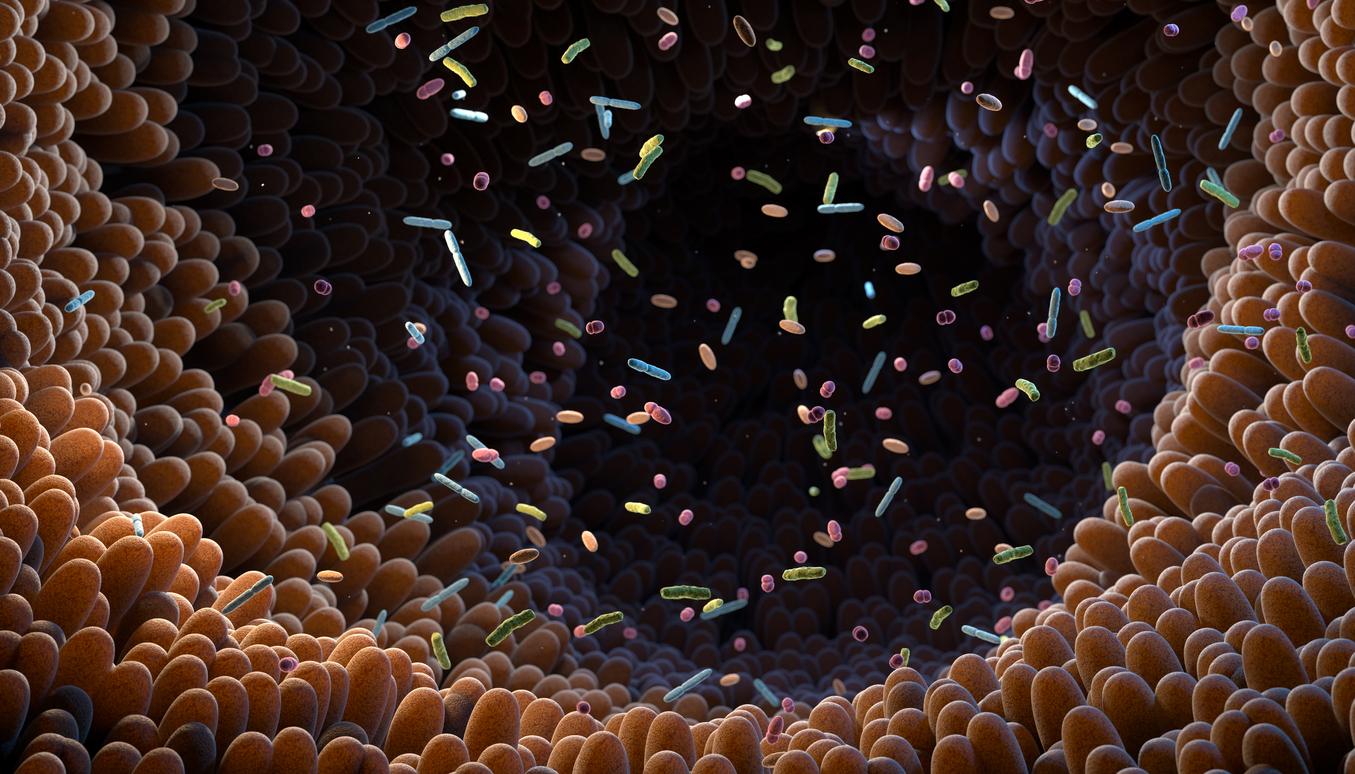Omalizumab injections help reduce the risk of serious reactions in the event of a food allergy. This concerns possible accidental exposure to the allergen.

- Food allergies can be triggered even by exposure to a small amount of food.
- They can cause serious and potentially fatal reactions.
- Researchers have discovered that a drug greatly reduces the risk of an allergic reaction in the event of accidental exposure.
By 2050, half of the world’s population could be allergic, according to the World Health Organization. Food is one of the potential allergens: this type of pathology “occurs when exposure to a particular food triggers an abnormal immune response”warns FAO, the food and agriculture organization of the united nations. “They are unpredictable and their symptoms can range from mild localized rashes to a severe anaphylactic reaction.”, she adds. They can therefore be very dangerous, but it is complicated to treat them today. A team from Stanford Medical School in the United States is working on a potential treatment. The promising results of their study are published in The New England Journal of Medicine.
Food allergy: accidental exposure can be dangerous
“Patients affected by food allergies are at daily risk of life-threatening reactions due to accidental exposures“, warns the lead author of the study, Robert Wood, professor of pediatrics at the Johns Hopkins University School of Medicine. With his team, they discovered a drug capable of protecting those affected in the event of exposure accidental: Omalizumab. Originally, this drug was approved by American health authorities to treat diseases such as allergic asthma and chronic urticaria. In this recent work, they tested its effects on allergy food. This medicine is an injected antibody “which deactivates all types of immunoglobin E, or IgE, the allergen molecule present in the blood and on the body’s immune cells..
The test involved 177 children with at least three food allergies. For each of them, exposure to less than 100 milligrams of peanut protein triggered a reaction. After treatment with injections, 79 patients (66.9%) who took Omalizumab were able to tolerate at least 600 mg of peanut protein, the amount contained in two or three peanuts, compared to only four patients (6, 8%) having received the placebo. “Similar proportions of patients showed improvement in their reactions to other study foods.”, specify the authors. Furthermore, no side effects have been recorded.

Food allergy: why are these new treatments necessary?
“People with severe allergies are advised to completely avoid foods containing their allergy triggers, but common allergens such as peanuts, milk, eggs and wheat can be hidden in many places, remind American scientists. Daily activities like attending parties and eating out can be complicated.” This has different consequences on social and psychological life, but it can also have an economic impact because those affected are forced to buy allergen-free foods, which are often more expensive.
Treatment is therefore the main way to reduce the consequences of food allergies. The most effective treatment today is based on immunotherapy, but the process is long and only allows one allergy to be treated at a time. “There is a real need for treatment that goes beyond alertness and provides choices for our food allergy patients“, estimates Sharon Chinthrajah, co-author of the study. For the moment, the team must find answers to various questions, particularly on the duration of effectiveness of this new treatment.








